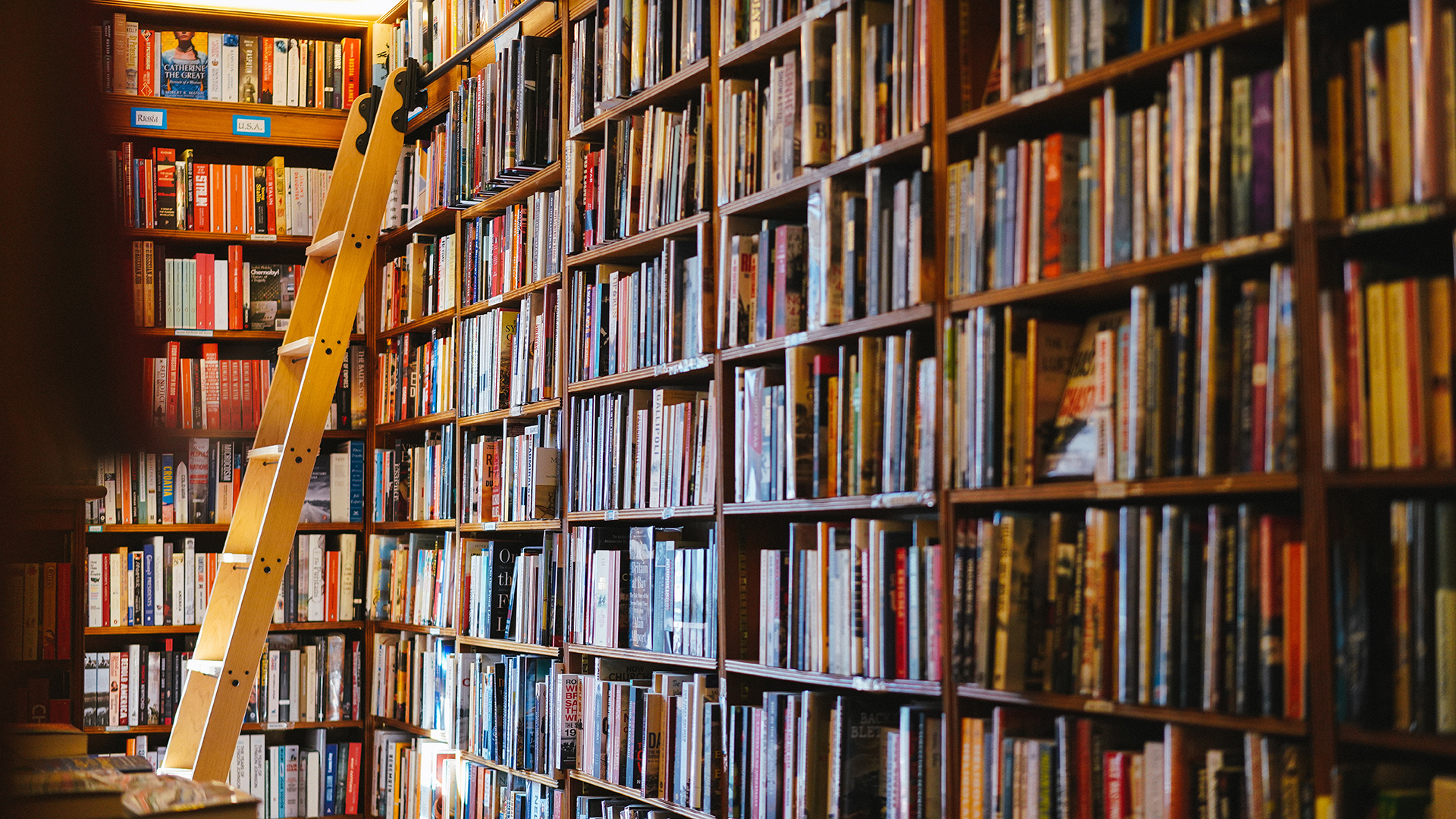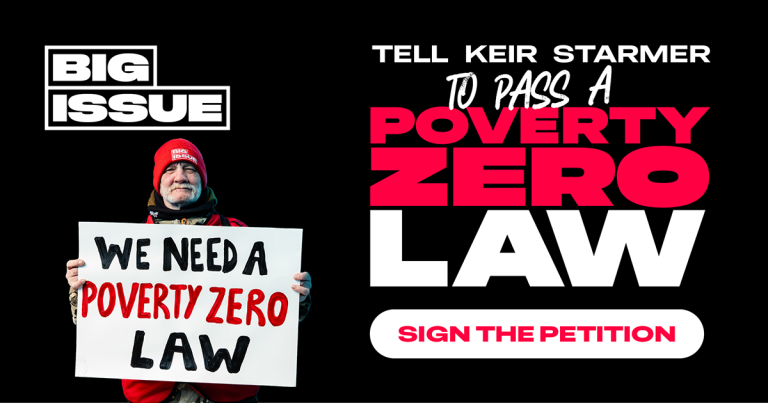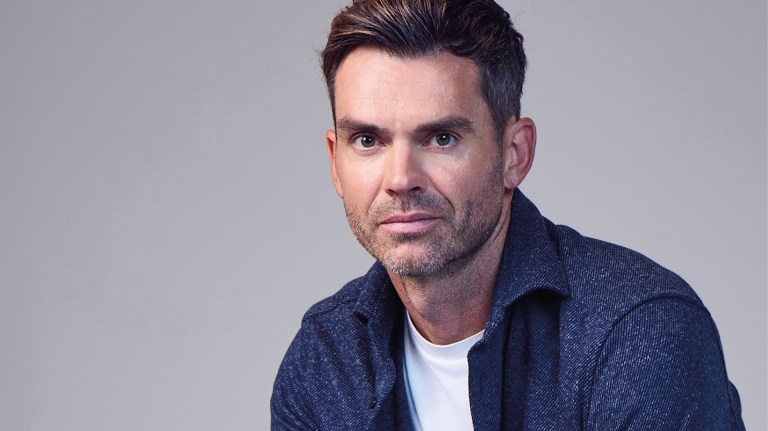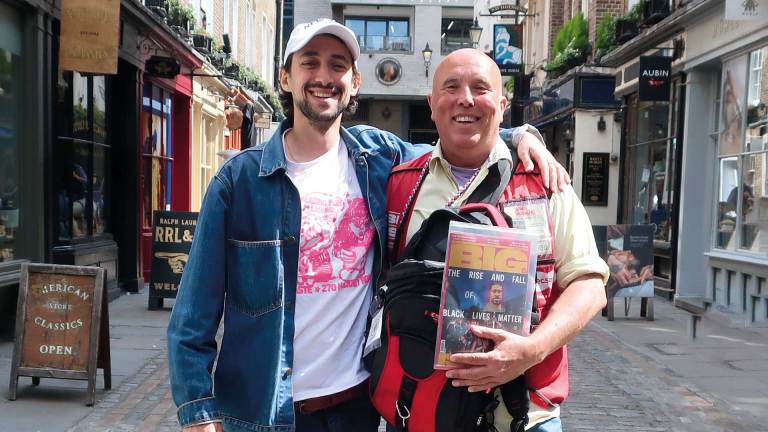Between the Australian tour and the New Zealand Tour with Brian Cox, I find time to stand alone in the vestibule of England’s crumbling infrastructure for a couple of weeks. I am hopping around independent bookshops to talk and sign books if wanted. It is exhilarating. Bookshop people are the best people.
Last year, after a big tour was postponed, I decided to visit 108 independent bookshops for fun. This fun led to a book. I am now visiting bookshops to talk about my book about visiting bookshops and I hope that this might lead to a book about visiting bookshops after writing a book about visiting bookshops. There is nowhere that I am happier. Books to me are weapons of empathy. Read well, and your vision of the world expands and the world becomes a palimpsest. The more you read, the more stories you can see around you. So many groups, and most often groups that are already denigrated and marginalised, are turned into pariahs as it is easier to further scapegoat the already scapegoated than actually face up to the people who really do make our lives worse.
I think of books like Kerry Hudson’s Lowborn, Lemn Sissay’s My Name is Why and Lewis Hancox’s Welcome to St Hell, books that create such vivid pictures of experiences of poverty, care homes or growing up trans in a small town.
Every night, and some afternoons too, I play to open-minded and open-hearted audiences and their kindness and warmth energises me. In Nottingham, someone brings me a box of homemade biscuits. They are not just any biscuits, these are biscuits I wrote about a few months ago, the biscuits my grandmother made every Christmas. Just looking at them leads to a rush of memories, including that time I pulled a cracker with my grandmother and she toppled off her chair and broke her wrist. Oops. I must have really wanted that paper crown and fortune-telling miracle fish.
At the same shop, Five Leaves in Nottingham, someone else has brought me three books that they know I have been seeking for some time. There is friendliness everywhere. There are few more spiriting sensations than finishing a talk and being told by someone who has been grieving that the evening was “a tonic”. I love the possibility of being a tonic.
- Robin Ince on tour: Wine-tasting woes with Professor Brian Cox
- Robin Ince: Sydney Jewish Museum is a reminder of the terrifying power of ideology
- Robin Ince: How to cure hiccups in Salt Lake City
In St Helen’s, I talk to the shop manager about the threat to libraries in the area. Libraries are viewed as a luxury when free access to curiosity is a necessity if you want a society that is anything more than grey drones forced onto a treadmill, whose movements rarely even lead to sick pay and holiday pay. If knowledge is power, then you can see why a government desires to make it inaccessible.









